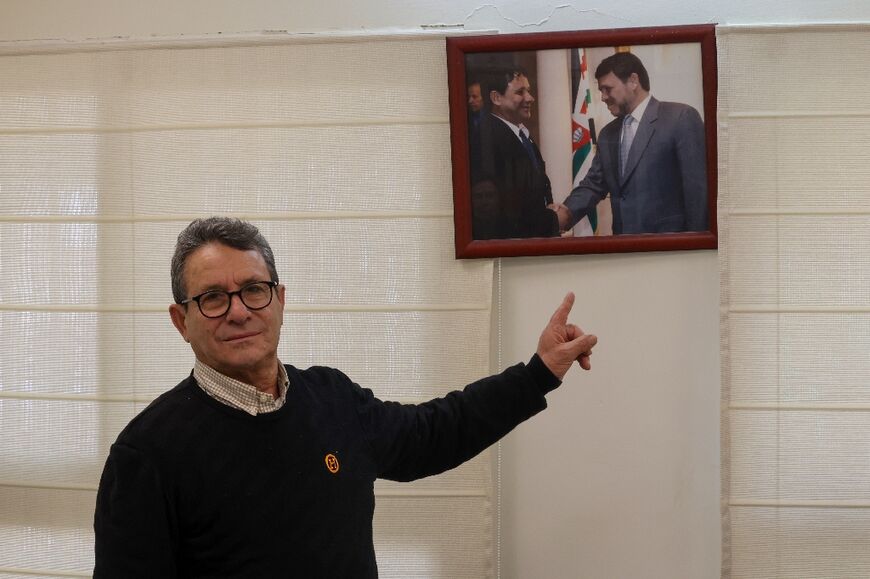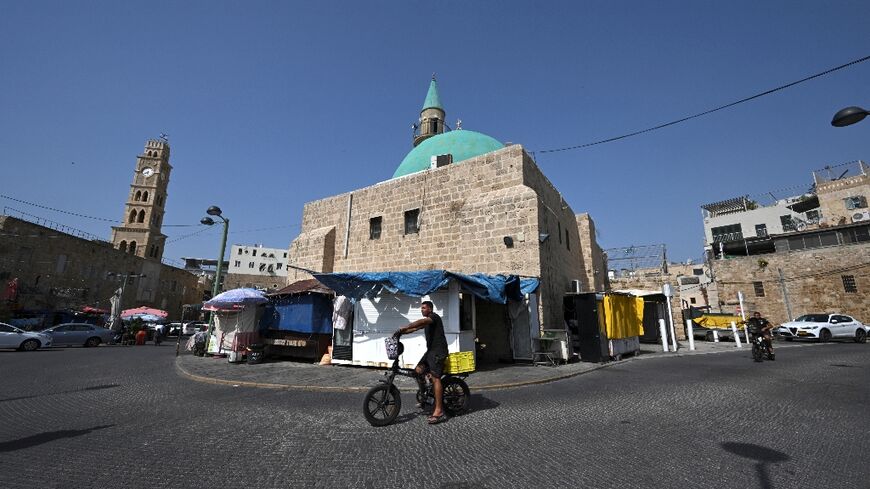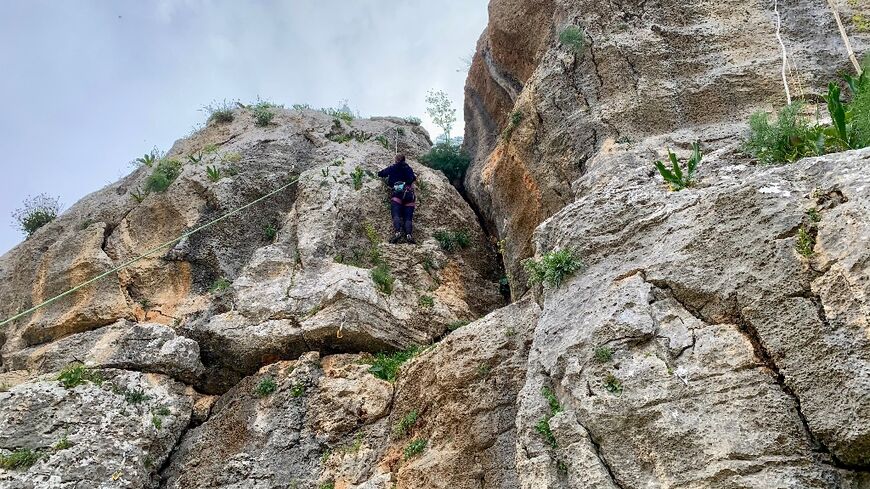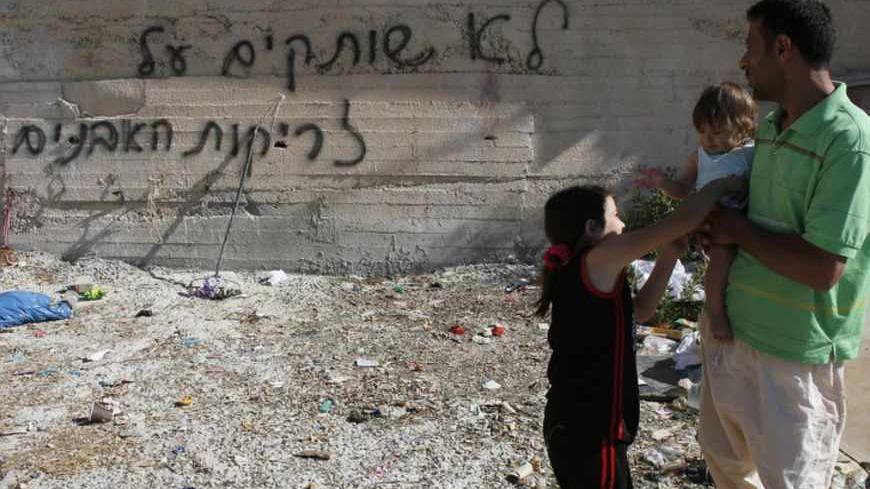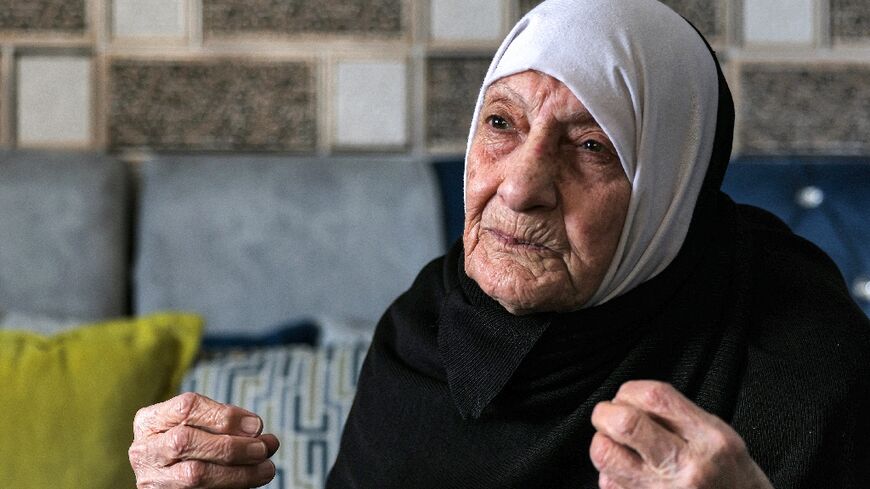Israeli village defends tradition of Jewish-Arab coexistence
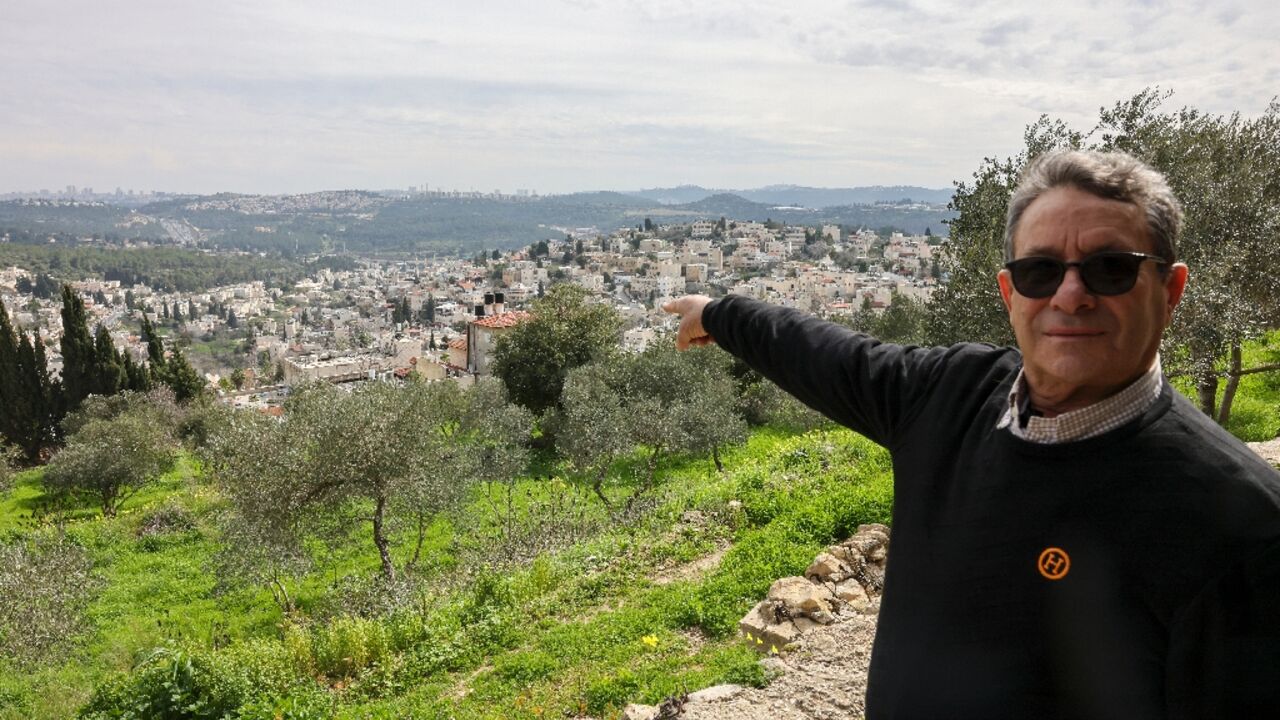
Issa Ibrahim scrolls through photos on his phone showing off his infantry brigade fighting in Gaza.
"I'm the only Arab!" said the resident of Abu Gosh, a small Israeli Arab town holding on to its centuries-old tradition of Muslim-Jewish coexistence.
"My mother asked me: 'You're going to fight Palestinians?' But she understood my argument. I want to defend my country, Israel. We just want to live in peace," the young photographer and army reservist told AFP.
Returning to Abu Gosh after being wounded in the arm, Ibrahim will head off next week to Israeli military positions in the north, near the border with Lebanon.
The area has been targeted by regular rocket attacks by the Lebanese Islamist group Hezbollah, an ally of the Palestinian Hamas movement.
About 11 kilometres (seven miles) from Jerusalem, Abu Gosh -- named after a family from the Caucasus which settled there in the 16th century -- is the only Arab community in the area to have chosen to join Israel during the first Israeli-Arab War in 1948.
The village has a history of good relations between Jews and Arabs going back to the days of the Ottoman Empire.
In Abu Gosh, residents say they feel Israeli, not Palestinian.
The streets of the village, perched on the green slopes of the Judaean Mountains, are adorned with Israeli flags, women wearing jellaba gowns walking past signs in Arabic, and Israelis coming to lunch on hummus, said to be the best in the country.
- 'Symbol of peace' -
In the office of Mayor Saleem Jaber, a portrait of Israeli Prime Minister Benjamin Netanyahu abuts one of him shaking hands with Jordanian King Abdullah II, who has called forcefully for an immediate ceasefire in the war in the Gaza Strip.
"Abu Gosh is a symbol of peace. We have excellent relations with our Jewish neighbours," said Jaber, who has for 20 years led the village of some 10,000 people, made up of a Muslim majority and around 150 Jewish families.
After the unprecedented Hamas attack on southern Israel on October 7, Jaber said "Jews started to be afraid when people around them spoke Arabic", but: "We do not throw stones into the well we draw water from, we remain loyal."
The village offered aid to people displaced from Israeli communities attacked by Hamas fighters from Gaza.
"Our population cooked for them," Jaber said.
In the weeks after October 7, dozens of Hamas rockets fell on Abu Gosh, and a young Arab man was killed.
"We received condolences from the whole Israeli state, from the army, the police. Their approach to us has not changed," Jaber said.
"What is happening in Gaza -- the innocents killed, the children without water or food or medicine -- wounds us deeply. But we want to try to be a bridge between our country and our Palestinian brothers."
As the muezzin's call to prayer echoed from the nearby mosque, the largest in Israel and built in 2013 with financial help from Chechnya where most villagers have roots, Jaber said: "Jews want to come live here."
As proof, he pointed to the 400 Jewish families who have bought apartments currently under construction in Abu Gosh.
- 'In the same boat' -
Yiftach Eitan, an Israeli archaeologist, has lived in Abu Gosh for two years.
"Living here in a time of war is very special. It's a place of coexistence," he said.
"After October 7, my girlfriend in Tel Aviv was afraid for me, but she quickly understood that Abu Gosh wouldn't change. We're all in the same boat."
In the occupied West Bank, less than two kilometres (a mile) away, the conflict has claimed almost 400 lives since October 7.
In the centre of Abu Gosh, a French flag flying above the Saint-Marie Monastery makes the village even more unusual.
"We are a Muslim village in the state of Israel, with a Christian presence and Jews who want to live together peacefully," said Brother Louis-Marie, leader of the Benedictine monastic community whose abbey is part of the French national estate in the Holy Land.
"Abu Gosh is a little corner of paradise, it's almost unreal," Brother Louis-Marie said.
Since October 7, however, a heavy sense of anxiety has prevailed.
The bloody attack by Hamas was terrifying, he said, noting the proximity of the Green Line.
This is the 1949 Armistice Line established at the end of the war that accompanied Israel's founding a year earlier, separating Israel from the occupied West Bank.
Palestinians' opinion of Abu Gosh people, Brother Louis-Marie said, "is not positive".
"We can only achieve peace if we accept the presence of the other. Some say 'Jews into the sea', while others say 'Palestinians into the desert'."
Louis-Marie hopes that each side will "neutralise its own extremists".
